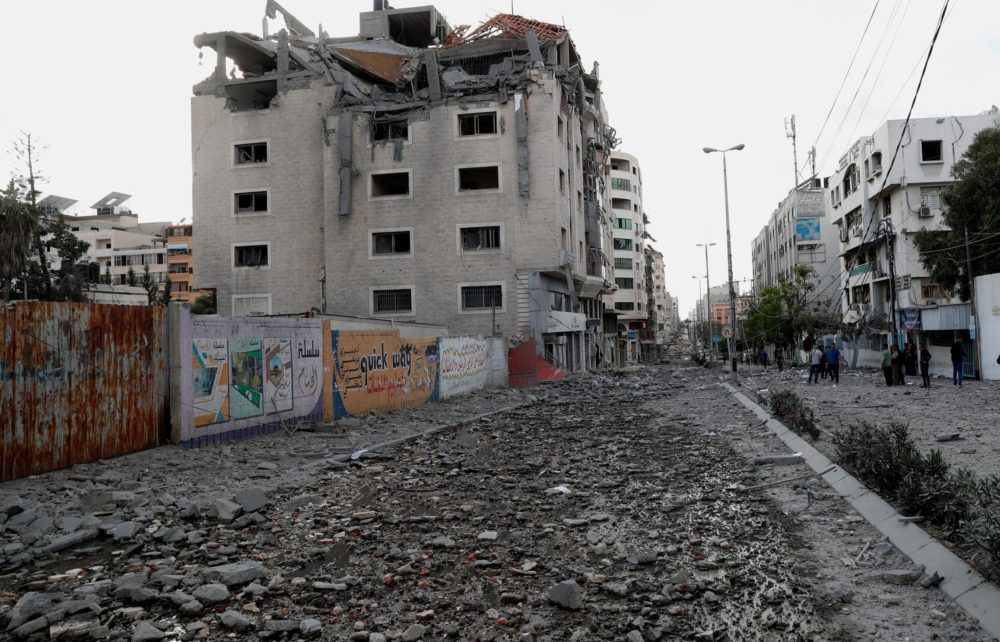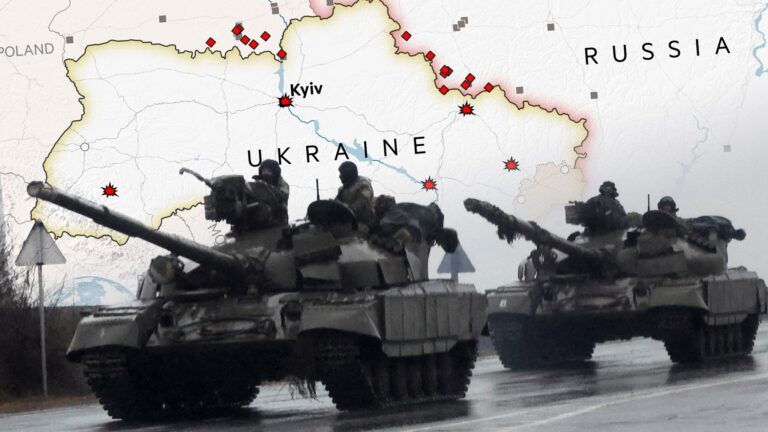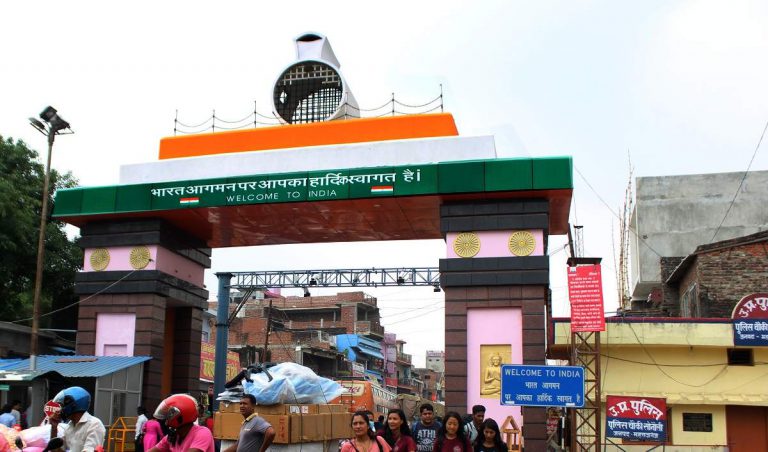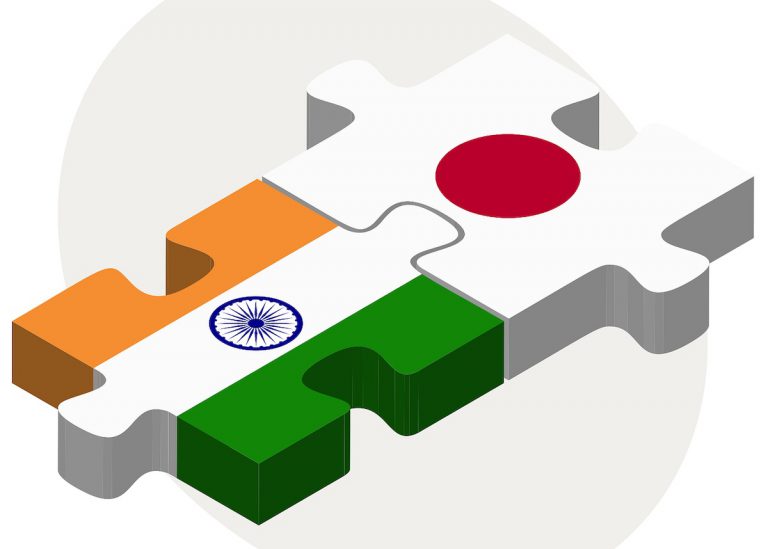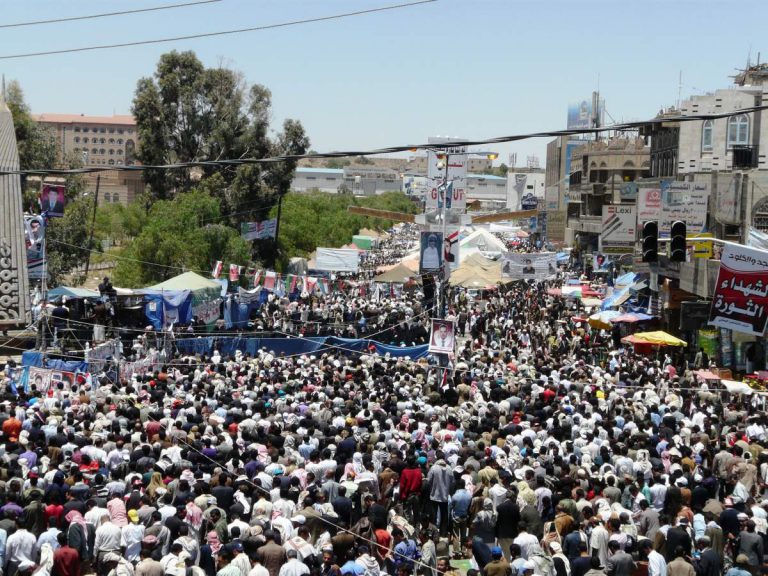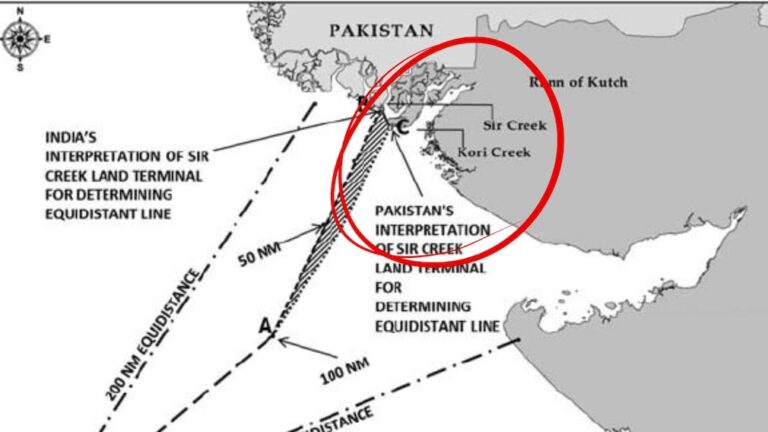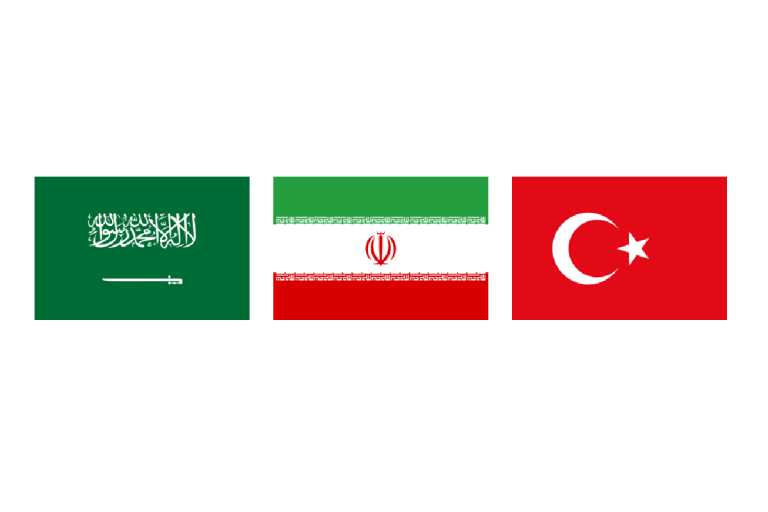Way forward in the Israel-Palestine conflict
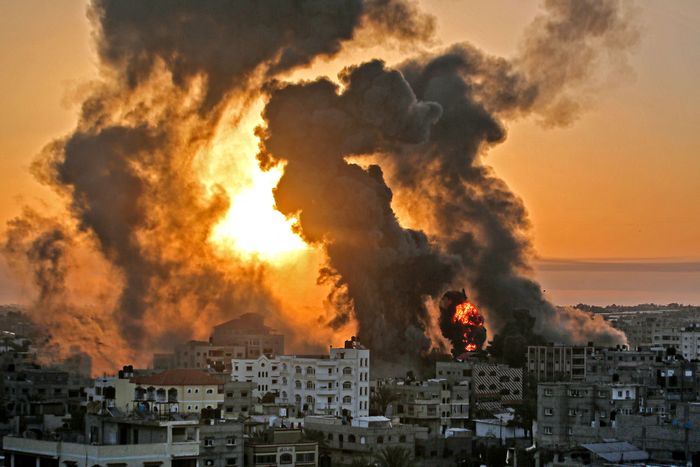
The withdrawal of American forces from Afghanistan after the decades-long conflict is a welcome move. Though the threat of Taliban overthrowing the Kabul government is very real, protracted American presence has only worsened the ground situation and it’s better that they leave sooner than later. This accompanies another piece of positive news, as the India-Pakistan ceasefire has managed to hold off reasonably well since February when it was agreed upon. The dual developments are historic in a usually troubled Indian neighbourhood. Nonetheless, trouble has erupted in the Middle East as the Israel-Palestine conflict has devastated many lives.
The conflict between Israel and Palestine, which is among the most written, read and talked about geopolitical issue, has taken the centre stage. Israeli forces stormed the compound of Al-Aqsa mosque, considered to be the third holiest site in Islam after Mecca and Medina, during the holy month of Ramadan. It is coupled with allegedly planned evictions of the Palestinians from the East Jerusalem neighbourhood of Sheikh Jarrah. The conflict comes amidst the political turmoil in Israel, as four national elections have been conducted in two years, with the possibility of a fifth, as various political parties fail to reach a consensus. In this article, I attempt to explain the conflict.
Conflict: Past and Present
Though it is often argued that the Israel-Palestine conflict is thousands of years old, the modern day conflict can be traced back to the second half of the 19th century with the onset of modern Zionism. This led to the Jewish migration from around the globe to the ‘holy land’, that reached its peak around World War 2 when the Holocaust in Europe forced Jews to migrate in huge numbers. This substantially altered the demography of the modern day land of Israel-Palestine in a short span of time. The conflict – with its multiple dimensions such as religious practices, right to nationhood, expansion of Israeli settlements, civil and political rights etc. – has ravaged on since then.
Hamas, the group that controls Gaza strip, has fired multiple rockets into Israel under the pretext of the Al-Aqsa mosque controversy. The attack, however, has a strategic angle to it. It is believed that the attacks were launched in order to test the saturation point of Israel’s Iron Dome system, one of the world’s most effective air defence systems. This will help Hamas in strategizing future rocket attacks. It hopes to overwhelm the Iron Dome, impose unacceptable costs on its adversary and bolster its image as being militarily at par with Israel.
Israel is often accused of violating the principle of proportionality during violence conflicts. Though every human life is precious, it is common knowledge that Israel kills far more Palestinians than the other way round. This is further compounded by the fact that most of the Palestinians killed are non-combatants; in grave violation of the provisions of the Hague conventions, the Geneva conventions and the Rome Statute. As a ceasefire brokered by Egypt comes into force, temporary relief to both sides can be expected. Given the loose nature of the conflict, however, further violation of international laws by both sides can’t be ruled out.
India’s Response
The statement given by Ambassador Tirumurti, India’s permanent representative to the United Nations, in the United Nations Security Council lends consistency to India’s policy of de-hyphenation vis-à-vis Israel and Palestine. Both Hamas’ rocket fire into Israel and the retaliatory strikes by Israel’s security forces into Gaza have been condemned. Though India’s relation with Israel has warmed in the recent past – bilateral visits and greater defence trade – the warmth hasn’t resulted in a discriminatory approach by India. The statement also mourns the death of an Indian national (Soumya Santosh from Kerala) due to Hamas’ attack. Nonetheless, India has reiterated that the ‘Two State Solution’ is the only viable long term solution to the Israel-Palestine conflict.
Some critics argue that India’s approach towards resolving the conflict is ‘half-hearted’. However, India has enough problems of its own owing to Pakistan, an emerging hegemon to its north (China) and minor skirmishes with its small neighbours. Moreover, India’s problems in Kashmir can increase in the near future, since American withdrawal from Afghanistan can bring Taliban, who have historically aided cross-border terrorism into Kashmir, into prominence. This can prove to be particularly problematic at this point in time since changes brought about by the Jammu and Kashmir Reorganisation Act, 2019 have yet to materialise.
Way Forward
Though not a shining example, Israel can learn a lesson from its neighbour, Lebanon. The sectarian model of power sharing, where Christians, Shias, Sunnis, Druze, Armenians etc. are offered government positions demographically, did help enable Lebanon transition to some degree of stability after the civil war ended in 1990. Such an arrangement has its disadvantages, including corruption and poor governance, and hence Israel shouldn’t directly adopt the Lebanese model. But it can definitely adopt some lessons from the Lebanese experience to accommodate the demands of the Muslim minority. Israel’s policy of systematic disenfranchisement of the Palestinians has reduced them to the status of second class people. Hence, efforts should be made by Israel as well as the international community towards reconciliation.
Israel’s actions are largely directed towards preserving its identity as a Jewish majority nation – state, though a quarter of its population identifies itself as non – Jewish. These actions espouse the concept of ‘state religion’. India’s experience with this concept isn’t new, as the 1947 partition was based on religious lines and Pakistan continues to proclaim itself as an ‘Islamic Republic’.
The notion of state religion has mostly been used to discriminate against people belonging to other religious groups. The ‘Faith for Rights’ of the ‘United Nations Office of the High Commissioner of Human Rights’ is a novel initiative (also called ‘Beirut Declaration’) that envisions the usage of religion as a powerful tool to promote human rights. The help of prominent religious leaders can be sought in diffusing the tensions.
In the opinion of Dr. Pratap Bhanu Mehta, the Israel-Palestine conflict evokes three kinds of responses from commentators: moral indifference, imperialism, and humanitarianism. The thrust on the former two has always been more than the latter. I believe that the conflict’s humanitarian aspect deserves more attention in order to alleviate sufferings of the people on either side of the conflict.
Featured Image Credits: Arab News


